Myers Briggs Characters
INTJ Characters
Architect
Imaginative and strategic thinkers, with a plan for everything.

Rupert Giles
Dressed in a tweed suit and glasses, Giles would rather spend an evening perusing the dusty stacks for ancient lore or sitting quietly by the fire than joining Buffy and her “Scooby Gang” friend group on a patrol for vampires. (This is similar to how INTJs like to be invited out, yet we may very well prefer to stay home.) In fact, Giles rarely plays more than a minor role in the physical combat that Buffy encounters. But his role as researcher, antiquarian, and intellectual, as well as his mature, stable presence, provides an anchor to Buffy’s team. While Buffy excels at quick thinking and can leap into action, Giles plays the counterbalancing role. He thoughtfully researches, coordinates the group’s actions, and waits and watches to learn more about the situation in typical problem-solving INTJ fashion. Plus, Giles doesn’t mind being seen as stodgy or old-fashioned; he has quiet confidence in his abilities. And when he discovers an ancient text or prophecy that bears on the current situation, the Scooby Gang quiets down and listens — because they know that his knowledge may make the difference between life and death.

Stefan Salvatroe
from The Vampire Diaries
Stefan is searching to solve Fi issues, but uses Ni to explain and excuse many things. It is why he sees from all sides and can’t really be mad at anyone. It isn’t out of kindness, but understanding other perspectives. But what indicates INTJ most is his inferior Se. We see this most when he feeds on humans. He goes full out Se, full out experiential. He has a hard time finding a balance between his Ni and Se. When he goes full vampire he unhealthy embraces his inferior to the extreme. But when he doesn’t he is grossed out by Se in himself and others. It is what fills his self hatred and why he hates the lifestyle of his brother. His brother’s Ne galavanting reminds him of his aversion to his own Se inclinations and he tries to force others with his Te to conform to his own forced lifestyle. He also doesn’t have a huge aversion to Te. He is independent as an INTJ and can disregard Te parts of society, but he does use it and is comfortable with it. He does want to find his place within society and is okay with being normal, but his INTJ rarity and Ni dominance make him feel like that isn’t ever possible. It is why he is attracted to those who seem to fit in with society and others (Elena and Caroline).
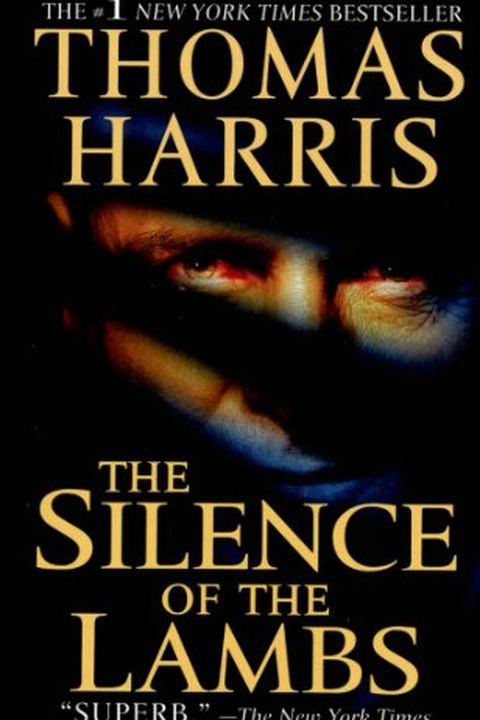
Clarice Starling
Hard-working and no-nonsense, Clarice Starling organizes her life towards her long-term goals and desires. She knows how to read between the lines and sense others people’s deeper motivations. She also observes and analyzes various perspectives in order to guess a criminal’s next move. She knows how to get clues from Hannibal Lecter that will help them solve problems. And like most INTJs, she can put her feelings aside in order to move forward and stay focused. She has no problem taking criticism and standing up for herself. Though she can become emotional, she doesn’t let it influence her decisions.
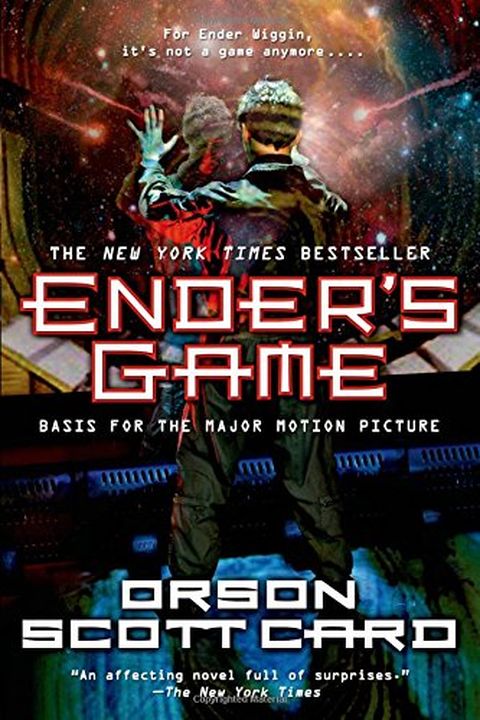
Ender Wiggin
from Ender's Game
Ender is an especially healthy INTJ who is deeply in touch with his tertiary Introverted Feeling side so he spends a lot of time analyzing his values, ethics, and the emotional experience of his enemies. Principled and strategic, Ender aligns everything in his life towards his long-term goals. His vision and ability to predict future dangers is unmatched, and he can easily put aside small details to keep his focus on the big picture. He has a rapid ability to understand complicated concepts that would puzzle other types. His values come from within rather than being shaped by society, and he’ll align himself with those values even if it comes at the expense of his status.
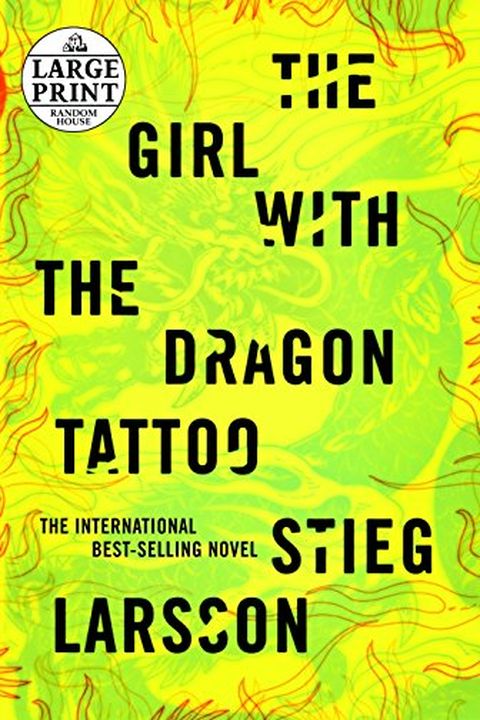
Lisbeth Salander
Introverted, intelligent, and surprisingly principled, she faces life with a scrappiness and steely determination that I find admirable. She’s also a perfect example of an INTJ woman, albeit one who has encountered a great deal of trauma. Lisbeth can make long-term strategies and pry into secret places to uncover startling truths about people. When she is attacked, she doesn’t make quick, impulsive counter-attacks. She maps out intricate, detailed strategies that will haunt her attackers permanently. In typical INTJ fashion, she is guarded about her feelings but principled in her decisions. She believes in justice and fighting against men who hate women and abuse them. She may not seem warm and inviting on the outside, but there’s a heart of courage and integrity underneath her spiky exterior.
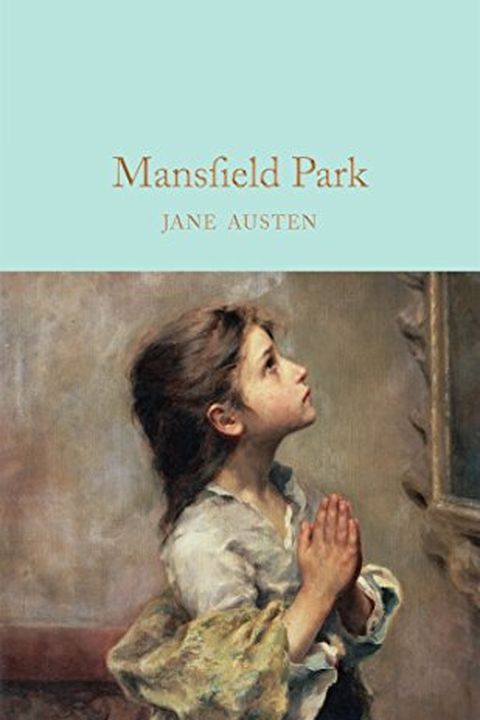
Edmund Bertram
from Mansfield Park
As an INTJ, Edmund realizes his limitations when it comes to feelings and relationships, so he finds the person best qualified to give him advice — Fanny — despite her lower social status and others’ disregard of her. He also has a strong sense of honor, virtue, and morality. Against the wishes of his first love interest, the sophisticated and witty Mary Crawford, he chooses to go into the clergy, which she sees as lazy and unambitious. Edmund defends his choice on principle: Clergy members can be a force for good in reversing social trends toward selfishness and frivolous displays of wealth. Although Edmund finds himself initially attracted to Mary, his dedication to honor and principles causes him to eventually discover how unprincipled she is. These principles also help him realize Fanny’s goodness and show him that they are, and always have been, a perfect match.

Mr. Fitzwilliam Darcy
from Pride and Prejudice
Mr. Darcy can size up people quickly and has little to no patience for trivialities or shallow conversation. He struggles to stay present, rather choosing to focus on his future plans and strategies for life. He’s a fairly reclusive and quiet person, but he has no problem taking charge when it’s needed. He knows how to organize other people and motivate them to get things done in a logical sense. This is obvious when he goes to Mr. Bingley and advises him not to propose to Jane, and later, when he reverses that decision. His inferior Extraverted Sensing side shows up in his disdain for parties, dancing, and highly stimulating environments. He tends to retreat into his thoughts rather than keeping up with the activity and experiences around him.
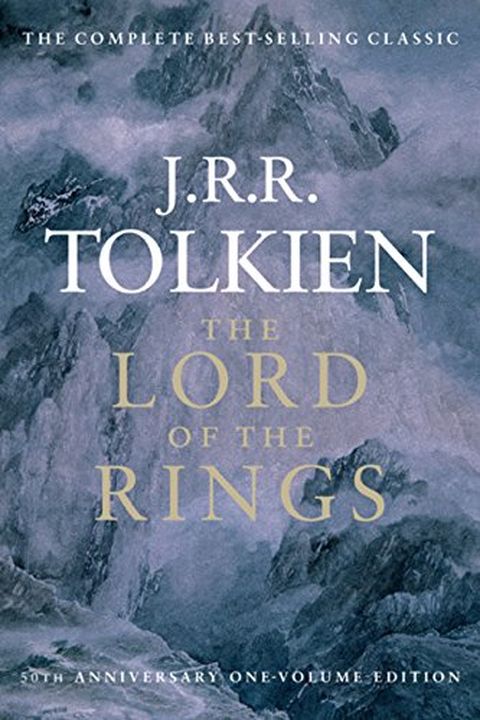
Gandalf
Gandalf is far more of an observer of Middle Earth than a participant. It is a rare case that we see Gandalf letting go and enjoying the moment with other characters. He is often stone-faced as he observes and absorbs everything happening around him. This often leaves him to be more solitary and obsessive in his endeavors. He won’t act right away, but needs all the pieces. In The Lord of the Rings he suspects that Frodo’s ring is The One Ring without having much evidence to back the idea. Instead of acting on his intuition, he does not state his idea until he has gone and done thorough research. Introverted intuition is what helps Gandalf see from all perspectives of the major players of Middle Earth.
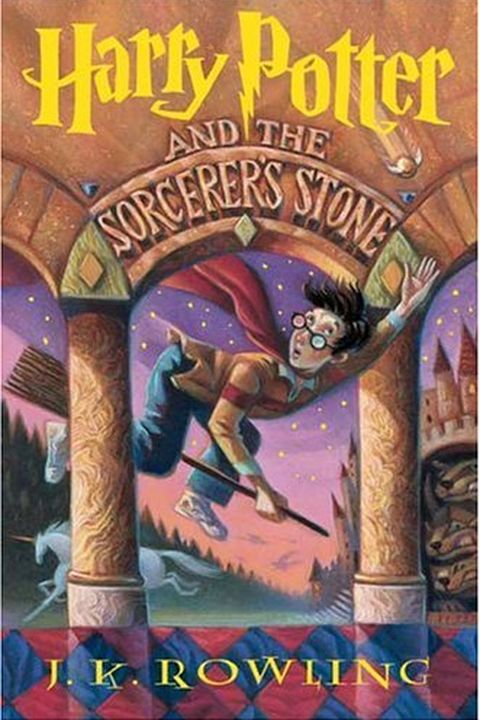
Severus Snape
Snape is obsessed with the theoretical and absorbing information on a constant basis. We really see this in his early years as a student. As the Half-Blood Prince he didn’t just follow the instructions but improved potions and invented spells. He was constantly innovating. His outward focus isn’t towards people but in logical, rational principles and order. Snape fears this function and all the sensation impulses it comes with. Letting go and enjoying one’s self seems irrational to him. He judges the shenanigans of the Marauders and of Harry and his gang. Their behaviors that throw caution to the wind grinds his gears. However, he does not see these behaviors in himself. They are external and only in the irrational and lesser people.
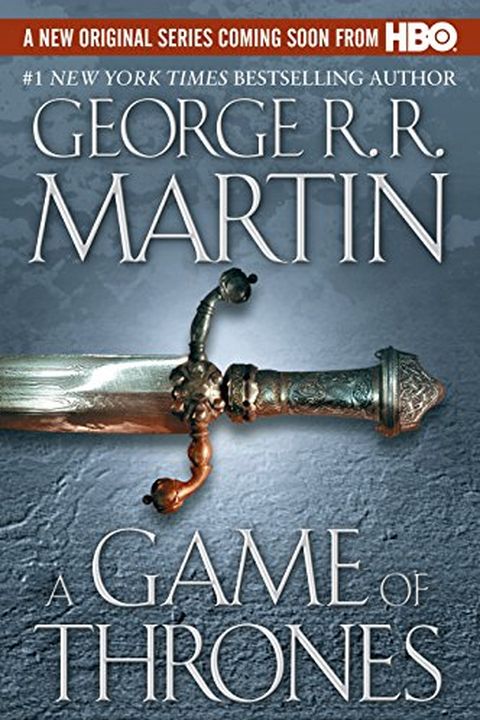
Jojen Reed
from A Game of Thrones
A loyal sidekick to Bran Stark, INTJ Jojen Reed accompanies him, Hodor, and others beyond the Wall to find the Three-Eyed Raven. Called “The Little Grandfather” in the book, the 13-year-old crannogman from the swamp — like many INTJs — has wisdom beyond his years that guides Bran toward his destiny. Jojen loves reading, knows many stories, and appreciates the need to learn from others; he tells Bran that “a reader lives a thousand lives before he dies; the man who never reads lives only one.” Although physically weak, Jojen has powerful insight, a signature strength of INTJs. His older sister Meera, despite her much greater physical prowess and skill, always heeds his counsel. And although placed in challenging circumstances, Jojen never loses faith in his visions. No matter how dire the situation becomes, he can say with confidence that he will make it through, as he knows (and has foreseen) his ultimate fate: “Today is not the day that I die.”